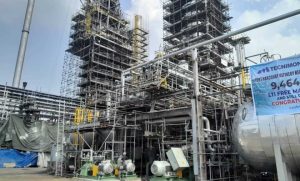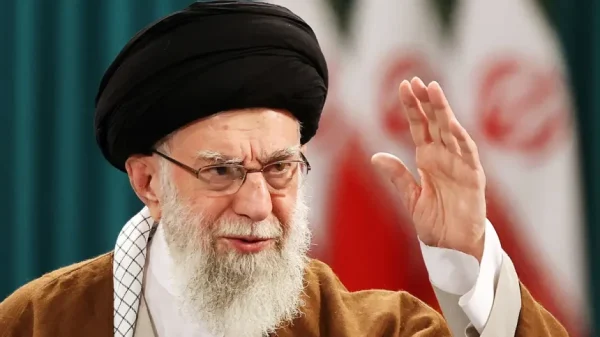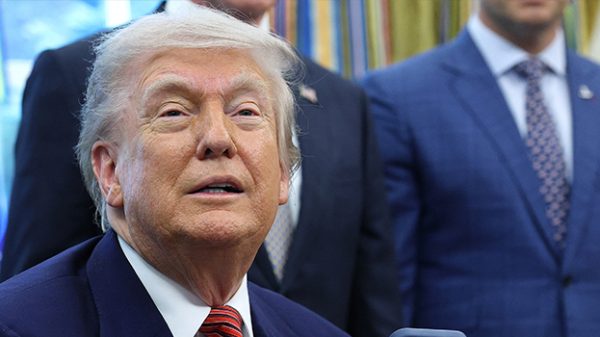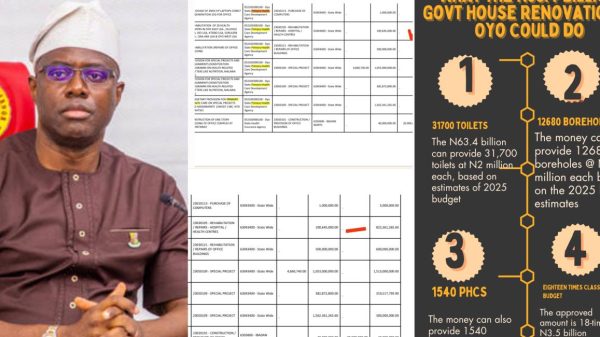The Nigerian government has announced plans to fully privatize the country’s state-owned refineries in Port Harcourt, Warri, and Kaduna, as part of its strategy to reform the oil sector and boost local refining capacity.
Sunday Dare, the special adviser to President Bola Ahmed Tinubu on media and public communications, confirmed the move, stating that privatization efforts are already underway. He emphasized that the initiative aims to eliminate Nigeria’s dependence on imported petroleum products and end persistent fuel queues across the country.
In a statement shared on social media, Dare noted, “Full privatization of Port Harcourt, Warri, Kaduna refining in the works. Local oil refining and production to peak steadily with Dangote and modular refineries active. With full local refining capacity gradually being met, days of fuel queues to end.”
Nigeria’s four state-owned refineries have a combined installed capacity of 445,000 barrels per day. Despite substantial investments, including over N11 trillion spent on rehabilitation between 2010 and 2023, the refineries have consistently underperformed. This has forced Nigeria to rely heavily on imported petroleum products to meet domestic demand.
The House of Representatives ad-hoc committee on the state of refineries recently highlighted the inefficiency of these facilities, criticizing the lack of returns on the government’s significant financial outlay.
The government had earlier set ambitious targets for refinery rehabilitation. In August 2023, it assured Nigerians that the Port Harcourt Refining Company (PHRC) would become operational by December 2023, with the Warri and Kaduna refineries following in 2024. However, these timelines were not met, fueling skepticism about state-led efforts to restore the refineries.
The decision to privatize aligns with President Tinubu’s broader economic reforms, which include fostering private-sector investment in the oil and gas industry. The administration also hopes to leverage the increased capacity of private refineries, such as the newly operational Dangote Refinery and modular refinery projects, to stabilize domestic fuel supply and prices.
If successful, the privatization plan could mark a turning point for Nigeria’s oil sector, ending years of inefficiency and reducing the financial burden on the federal government. However, the government faces the challenge of ensuring transparency and efficiency in the privatization process.
The move signals a significant policy shift, with hopes that private investment will finally unlock the potential of Nigeria’s refining sector and deliver long-awaited benefits to citizens.

















































































































